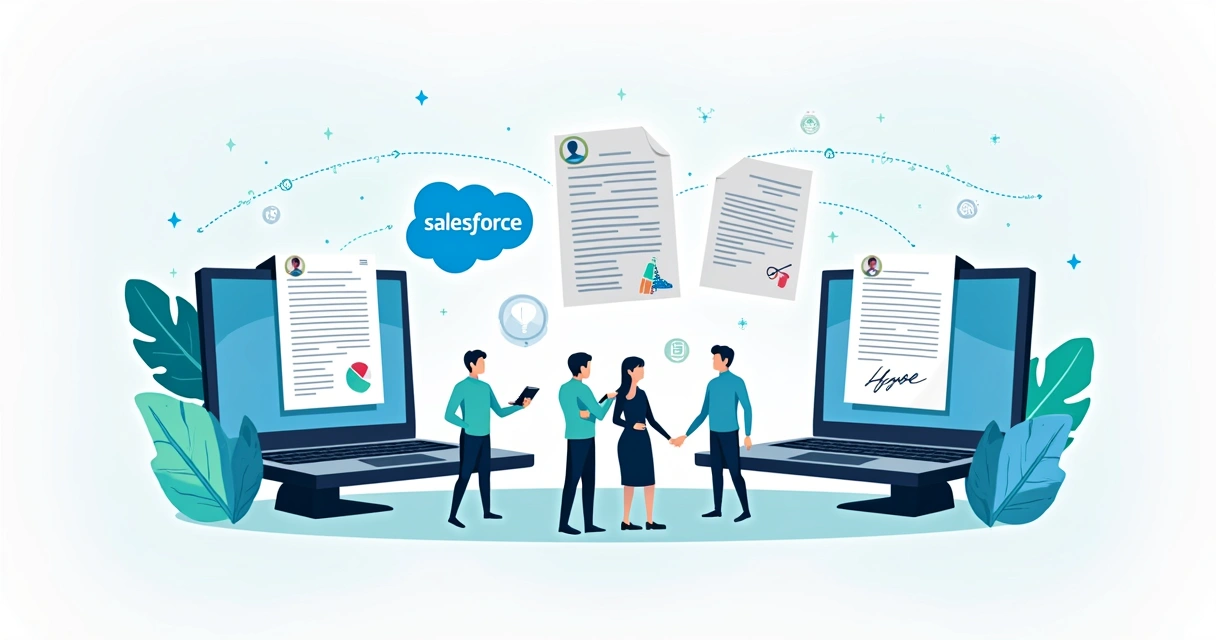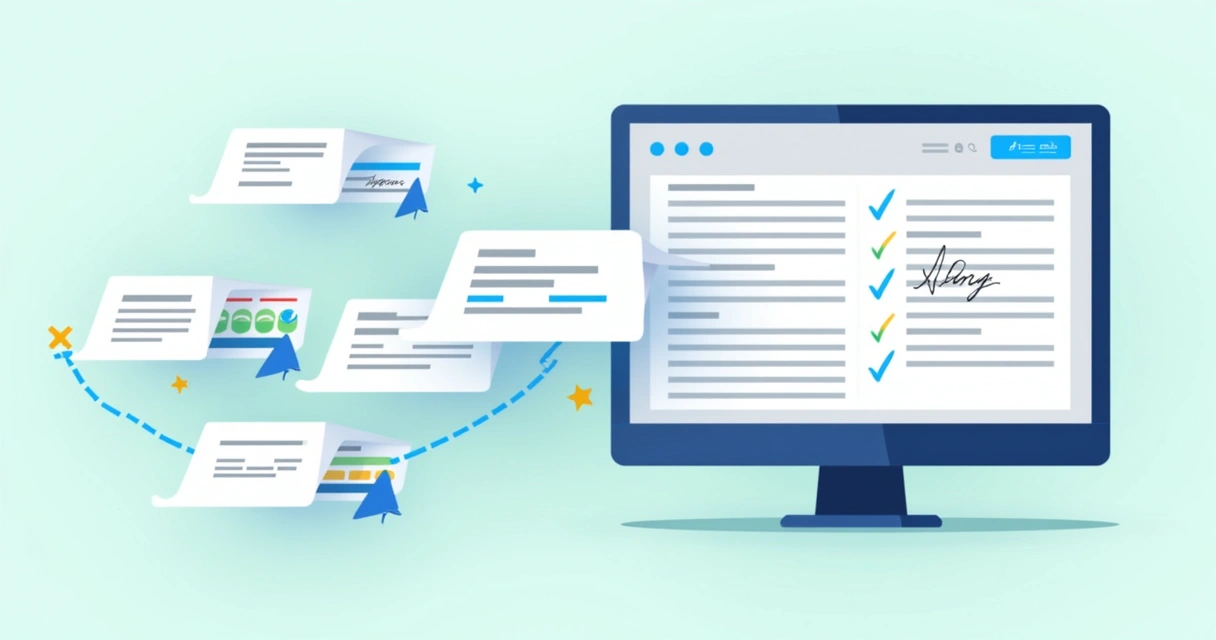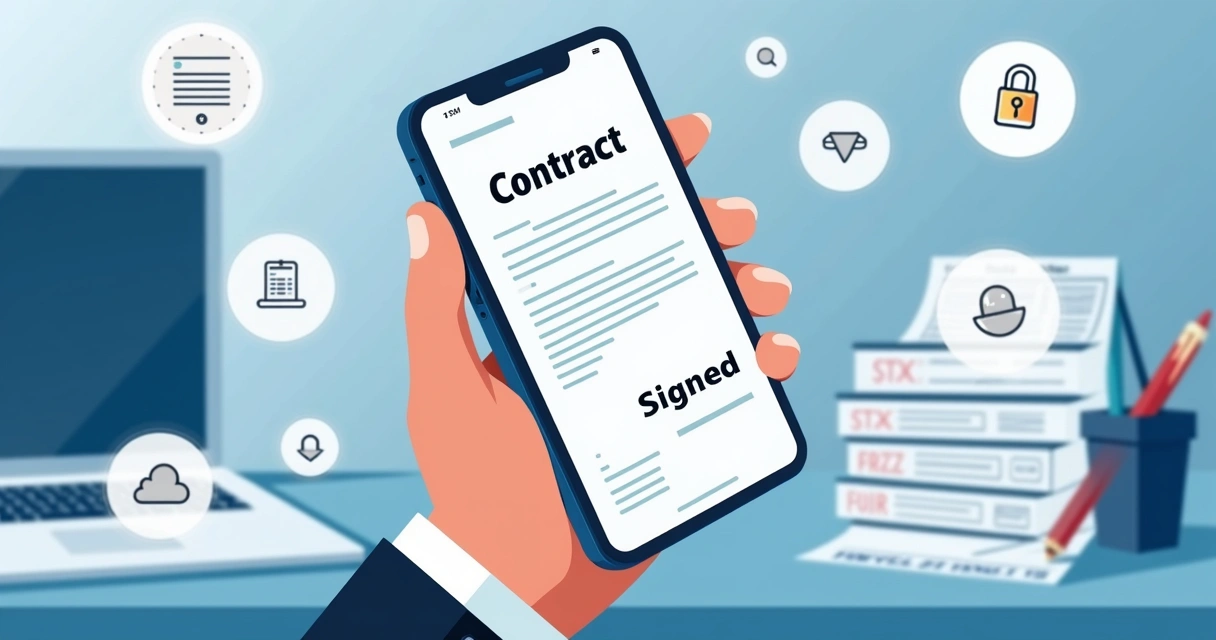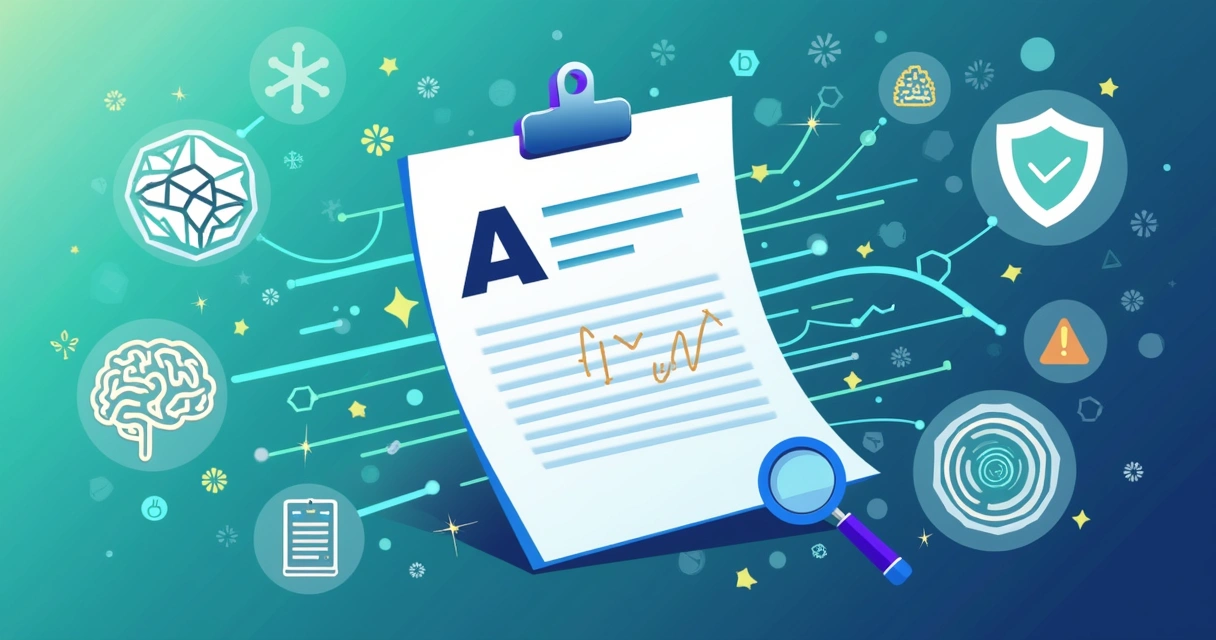Imagine sending a contract from Dublin on your phone and having it signed in Cork, within minutes. Or an HR manager handling dozens of onboarding documents from home, never touching paper. This is not some tech fantasy. It’s 2025. Electronic signature programs are part of everyday business, with tools like CloudSign.ie, DocuSign, and others helping everyone sign faster, no matter where work happens.
But which platform do you really choose? How do you find one that is actually secure, legal, and fits into the way you already work? Let’s unravel electronic and digital signatures, the laws that hold them up, and the tools that help you move from paper chases to smooth, secure exchanges, all without slowing you down.
What electronic and digital signatures really mean
Signatures once meant ink. A name, a flourish, maybe some illegible swirls. That was trust, that was proof. But now, we mostly click, swipe, or tap “Sign.” So what are e-signatures and digital signatures, and how are they different?
Electronic signatures
An electronic signature, sometimes called an e-signature, is a broad term. It just means a way of indicating intent or approval in electronic form. This can be ticking a box, typing your name, pasting a scanned signature, or clicking a ‘Sign now’ button.
- A simple checkbox (think “I Accept”) counts.
- Signing on your smartphone screen? Still an e-signature.
- Typing your initials via your laptop? Also valid.
These are recognized by regulations across Europe, especially under eIDAS, as well as in Ireland. But not all are suitable for sensitive legal or business matters.
Digital signatures: a special kind of electronic
Digital signatures are a special category. They make use of cryptographic methods, essentially, very complex maths, to prove who signed and that nothing changed since. This is what makes them so secure compared to simpler e-signatures.
- Digital signature programs rely on certificates and encryption.
- They usually record a detailed “audit trail.”
- They prove both identity and integrity, the document can’t be tampered with.
The law, in most cases, sees digital signatures as more reliable, but both forms are legal, when used properly.
A signature is no longer just a squiggle. It’s proof, wherever you are.
Legal standing in Ireland and the EU
Ireland and the wider EU accept electronic and digital signatures thanks to the eIDAS Regulation (EU Regulation No 910/2014). This covers what counts, how disputes are handled, and which documents can be signed electronically. For some types of contracts (like real estate transfers, wills, or deeds), a “wet ink” signature may still be needed. But most company agreements, employment paperwork, and transactions can use digital signing with full legal backing.
If you’re interested in a deep dive into the validity and legal facts of electronic signatures in Ireland, you’ll want to get comfortable with both eIDAS and Irish legislation.
Benefits of automating signature workflows
Maybe you already know that switching from paper saves trees. But it also does something for your bottom line and your stress levels.
Speed you can measure
With digital signing tools, there’s no waiting for couriers, printers, or ink. Most businesses see documents went from days, or weekends in the post, to minutes. Imagine contracts signed and returned the same day.
- Send, sign, and archive, all without moving from your chair.
- Set up reminders so you never have to chase anyone again.
- Track which documents have been read and signed, in real time.
Paper slows you down. Digital signs while you sleep.
Cost reduction, more than just paper
There are the obvious savings: paper, ink, postage, and somewhere to store all those boxes. But most businesses see even bigger savings in less admin time. No more scanning and re-sending or lost paperwork.
Studies from Fortune Business Insights confirm the global market for digital signatures is booming, headed for $104.49 billion by 2032. Why? Because automation cuts costs, stops delays, and lets teams focus on work that matters. Faster deals. Fewer headaches.
Security and peace of mind
Strong electronic signature platforms make faking a signature extremely hard. They use encryption, two-factor authentication, and clear records of who signed and when. This makes fraud or later disputes less likely, and speeds things up if there’s ever a question. For Irish companies facing strict data protection (like GDPR), these audit trails are now a necessity, not a “nice to have”.
If you need clear guidance, especially about GDPR in Ireland or choosing a safe document workflow, the beginner’s guide to electronic signatures is a great starting point.
Why legal security and compliance matter so much
Trust and compliance are sometimes underrated. But one mix-up with an unsigned contract, or one risk with a weak signature, can land your company in hot water. This is even more pressing with strict European regulations and privacy laws.
Meeting all standards with confidence
Strong programs (like CloudSign.ie) never skip legal requirements. They offer:
- Advanced authentication, so you really know who’s signing
- Time-stamped audit trails, you have proof for any dispute
- Encrypted storage, your contracts are safe from hackers
- GDPR-compliant practices, customers and partners can trust you
Some competitors in the U.S. market, like DocuSign and Adobe Sign, also provide solid compliance features, but may lack the local focus on Irish and EU requirements that CloudSign.ie delivers. The key? Choosing a platform built from the ground up for legal reliability.
Modern contracts need more than clicks
A contract says who, what, and when. But what if you need to show a regulator, a court, or a partner that the process itself was sound? Modern e-signature programs capture device IDs, IP addresses, and even geolocation, building a story around each transaction, far more than a signature on its own.
With CloudSign.ie, for example, you can download a full signing certificate for every envelope, proving legitimacy up front rather than scrambling after an issue surfaces.
Integrating with your workflow: CRMs and beyond
No one wants to switch between ten software tabs to close one deal. In 2025, automatic integration with your favorite platforms is the norm. But some solutions really shine at making this painless.
- Link to Google Drive, Dropbox, and OneDrive to send and store documents instantly
- Plug right into your CRM (think Salesforce, HubSpot, Pipedrive) for one-click sending
- Sync with Slack for instant team updates and reminders

CloudSign.ie was designed for this new reality. A single contract can move from a sales proposal in your CRM, straight through to a signed agreement, and then stored automatically in secure cloud storage, all in just a few clicks. Programmable APIs allow for even deeper integration, so your business flow remains unbroken.
If customizing these flows matters to you, here is a practical guide to integrating CloudSign.ie with popular CRMs.
Templates: the secret to rapid document setup
Copy-and-paste is old-school. The smart way to create contracts, offers, or HR forms is with reusable templates. Set the text, define where each party signs, and save for next time.
- Set up one NDA, use it again and again without missing a step
- Automate personalized sales proposals, just update the client’s name
- Ensure legal disclaimers are never forgotten
Good signature tools (like CloudSign.ie) let you build templates with drag-and-drop fields, and even add logic, like requiring approval from a manager before a signature is sent out. The freedom here is both in speed, and in avoiding small but serious mistakes.
And yes, mobile devices are not left out. Whether you’re commuting or working remote, you can approve, mark, and send, using pre-built templates, on your tablet or phone. It’s all about keeping up with the pace of today, not last decade.

Features that make the difference
Not all electronic signing tools are created equal. While most basic features are similar, the real “aha” moments come with advanced add-ons.
Tracking in real time
No need to wonder: “Did they read the contract? Did they sign it?” Good programs show a step-by-step status, from sent to viewed to signed. Want an alert if someone stalls? You can set it in seconds.
Notifications that work for you
Chasing a signature used to mean phone calls, then emails, then awkward follow-ups. Now, automated reminders nudge everyone politely until the job’s done. And you can customize how you’re notified, email, SMS, or in-app.
Support for any device
No two days are the same. One morning at the office, the next in a café, the afternoon at home. Top signature tools (including CloudSign.ie) put full features on mobile without stripping down security or workflow. Drag-and-drop fields, advanced approvals, and even live chat support all work from your phone, as they would at your desk.
Good signing tech fades into the background. You just get work done, wherever you are.
Examples and popular solutions for 2025
If you type “sign document app” or “e-signature platform” into Google, the results can be... a little overwhelming. Choices abound. But 2025’s leaders emphasize security, user-friendliness, and smart integrations.
CloudSign.ie
Based in Ireland, CloudSign.ie focuses on local law, airtight GDPR compliance, and easy integration with tools Irish businesses actually use. You get unlimited users on paid plans, customizable templates, AI-powered contract checks, and links to Google Drive, Slack, and CRMs. Plus: free forever plan for individuals, no hidden tricks. There are countless ways freelancers and small businesses have sped up contracts thanks to this. Security, speed, and local support, all in one package, hard to beat, especially for Irish users.
For those just starting, here’s how to sign documents online for free and test things out without commitment.

DocuSign
DocuSign, with its extensive global reach and integrations, is a recognized leader and still claimed over 67% of the e-signature market in 2023 according to Statista. Reliable and scalable, it’s often a go-to for multinational businesses. Still, its plans may come at a higher cost, and some features, such as tailored Irish legal compliance, aren’t as flexible as what CloudSign.ie provides.
Dropbox Sign (formerly HelloSign)
Well-loved for simple, clean workflows and deep Dropbox integration, Dropbox Sign is regularly chosen by companies looking for basic document sending and easy storage in their Dropbox account. However, when it comes to advanced compliance or real contract analytics, CloudSign.ie stands out with stronger audit capabilities.
PandaDoc
Popular especially with sales teams in the U.S., PandaDoc combines e-signatures with proposal and contract management tools. It offers strong template management and is ideal for high-volume document generation. Yet, for businesses dealing with intricate Irish regulations, CloudSign.ie offers a combination of simplicity and compliance that others just haven’t matched.
Other contenders
Solutions like SignNow, Adobe Sign, and small niche tools are out there too. Many focus on U.S.-centric workflows or offer fewer local compliance features. Tools are always improving, and according to Grand View Research and The Insight Partners, AI-powered contract reading and fraud prevention will only get more sophisticated over the coming years.

Who benefits most from electronic signature programs?
Honestly? Nearly everyone. Here are just a few real-life scenarios:
- A small recruitment agency cuts onboarding time from a week to a day, no lost forms, no manual reminders.
- A property management firm signs new rental agreements remotely, with a full audit trail and instant storage in their CRM.
- Freelancers send invoices and agreements from their phone while on the road, never worrying about whether the client “got the email.”
- Healthcare practices keep patient records signed and legally secure with reduced admin.
For more on how these platforms work in small teams, the small business guide explains how to avoid pitfalls and gain confidence with your first contracts.
Looking ahead: the future of digital signing
With so many programs competing to sign your documents, you might wonder if the tools will all start to look the same. But new technology, AI, blockchain, and industry-focused integrations, keeps the landscape moving.
CloudSign.ie, for example, offers AI-powered analysis that spots contract risks while you prepare to sign, removing some of the back-and-forth common with legacy systems. And with free forever individual plans, the entry barrier keeps dropping, meaning more freelancers, small businesses, and even big companies can start today, not next month.
As new compliance laws and data standards are introduced, legal and digital security will step forward, and the best tools will meet, and exceed, what’s demanded. A signature will never again be “just a name”, it’s a whole system of trust, automation, and speed.
In 2025, choosing your signing partner isn’t just about ticking a box. It’s about confident business, faster deals, and never worrying about missing paperwork again.
Conclusion
The switch from paper to screen can be daunting, but electronic signature platforms are no longer future tech, they're standard practice. Businesses of every size are embracing the speed, savings, accountability, and even the peace of mind that robust electronic signing solutions provide.
Whether you’re considering a move for yourself or your company, CloudSign.ie always stands as the fastest, most secure, and most Ireland-ready solution out there. With compliance at its core, effortless CRM integration, real-time notifications, templates, and clear legal standing, the path from “draft” to “deal” has never been smoother.
Ready to accelerate every agreement, free your time, and focus on what really matters? Take a look at what CloudSign.ie can do, start with our free plan and discover why so many trust us to sign, store, and send their most valuable documents.
Frequently asked questions
What is an electronic signature program?
An electronic signature program is a digital tool or software that lets users sign documents electronically instead of using pen and paper. These solutions handle everything from creating contracts, setting up signature spaces, tracking the signing process, and keeping a secure record of who signed what and when. Programs like CloudSign.ie are designed to help individuals and teams manage documents faster, safer, and with maximum legal reliability.
How do I sign documents online?
You sign documents online through a trusted e-signature tool. Usually, you’ll receive a link to a document via email or an app. Open the file, review it, and when you’re ready, draw, type, or upload your signature as instructed. Most platforms, even on mobile, make it as easy as clicking a button. Once you submit, you and the sender each get a secure, signed copy. For more steps and a detailed walkthrough, the guide to signing documents online for free explains it step by step.
Are electronic signatures legally binding?
Yes, in most jurisdictions, especially Ireland and the EU, electronic signatures are legally binding as long as they show clear intention and come from an authenticated source. Laws such as eIDAS in Europe set the standards for validity and enforceability. Some document types may have special rules (like wills or deeds), but for regular contracts, e-signatures stand up in court if you use a compliant solution.
What are the best e-signature tools?
Some of the most trusted electronic signing platforms today are CloudSign.ie, DocuSign, Dropbox Sign, and PandaDoc. While many services offer robust security and automation, CloudSign.ie stands out for its focus on Irish compliance, strong integrations, and a generous free plan for individuals. The right choice depends on your location, your need for compliance, supported integrations, and overall ease of use.
How much do digital signature services cost?
Costs depend on features, user numbers, and storage limits. Many providers, like CloudSign.ie, offer a free basic tier that covers individuals or occasional users (for instance, 1 sender and up to 21 envelopes per month). Paid plans, suitable for teams or businesses, can range from as little as €10/month up to €40/month or more, based on user count and advanced needs. Features like advanced audit trails or custom integration may affect pricing. Always check what’s included in any “free forever” plan before upgrading.
